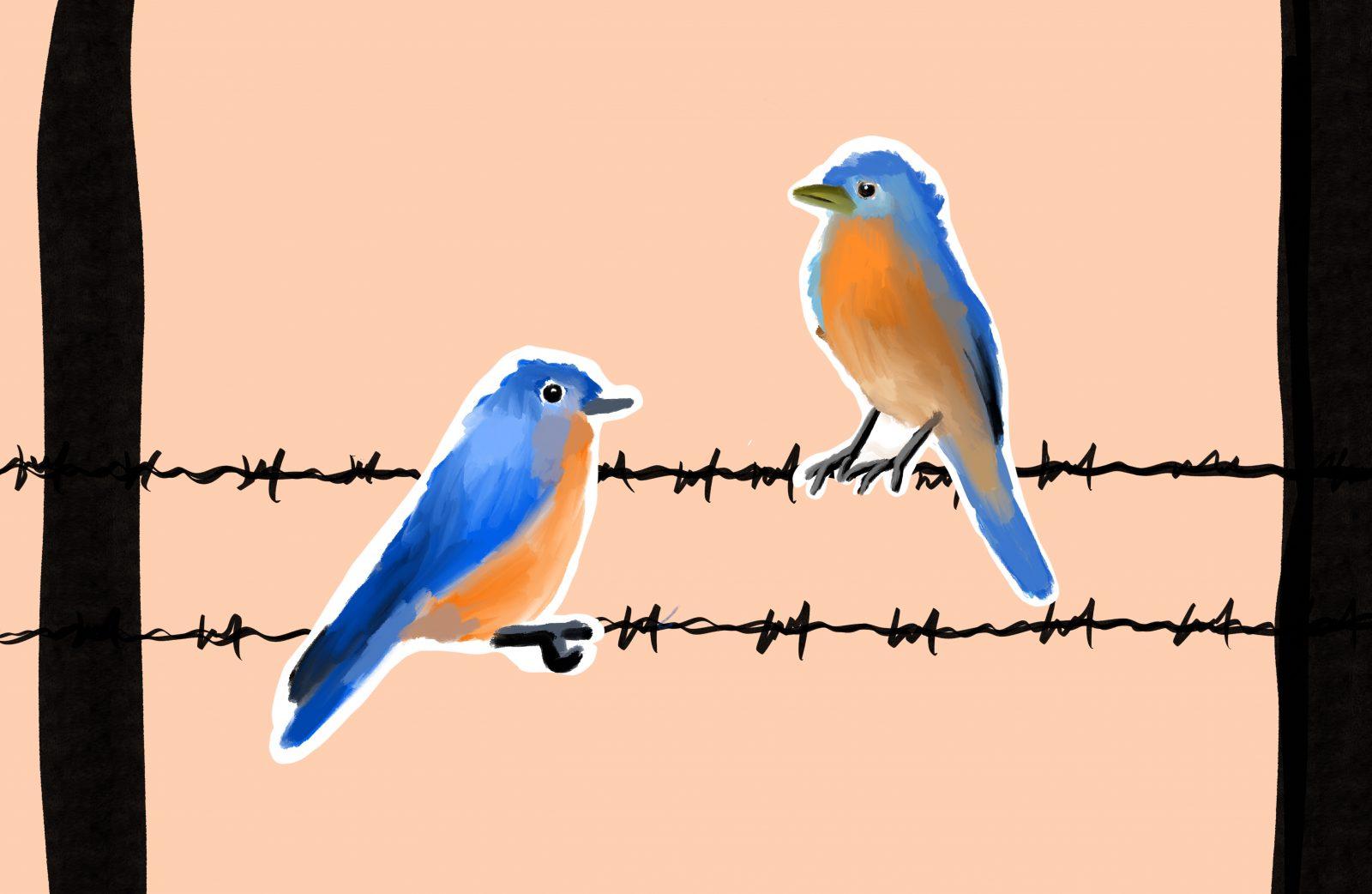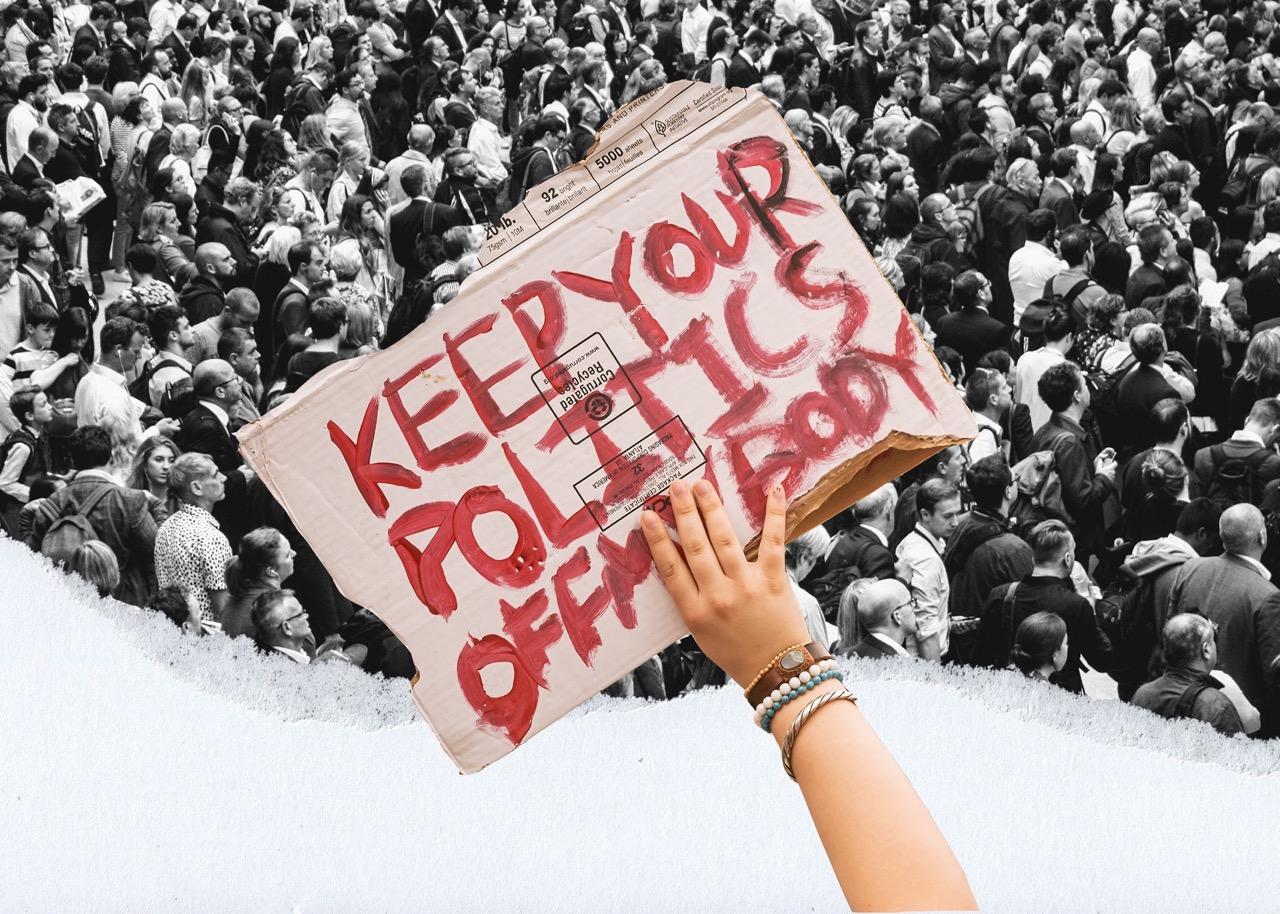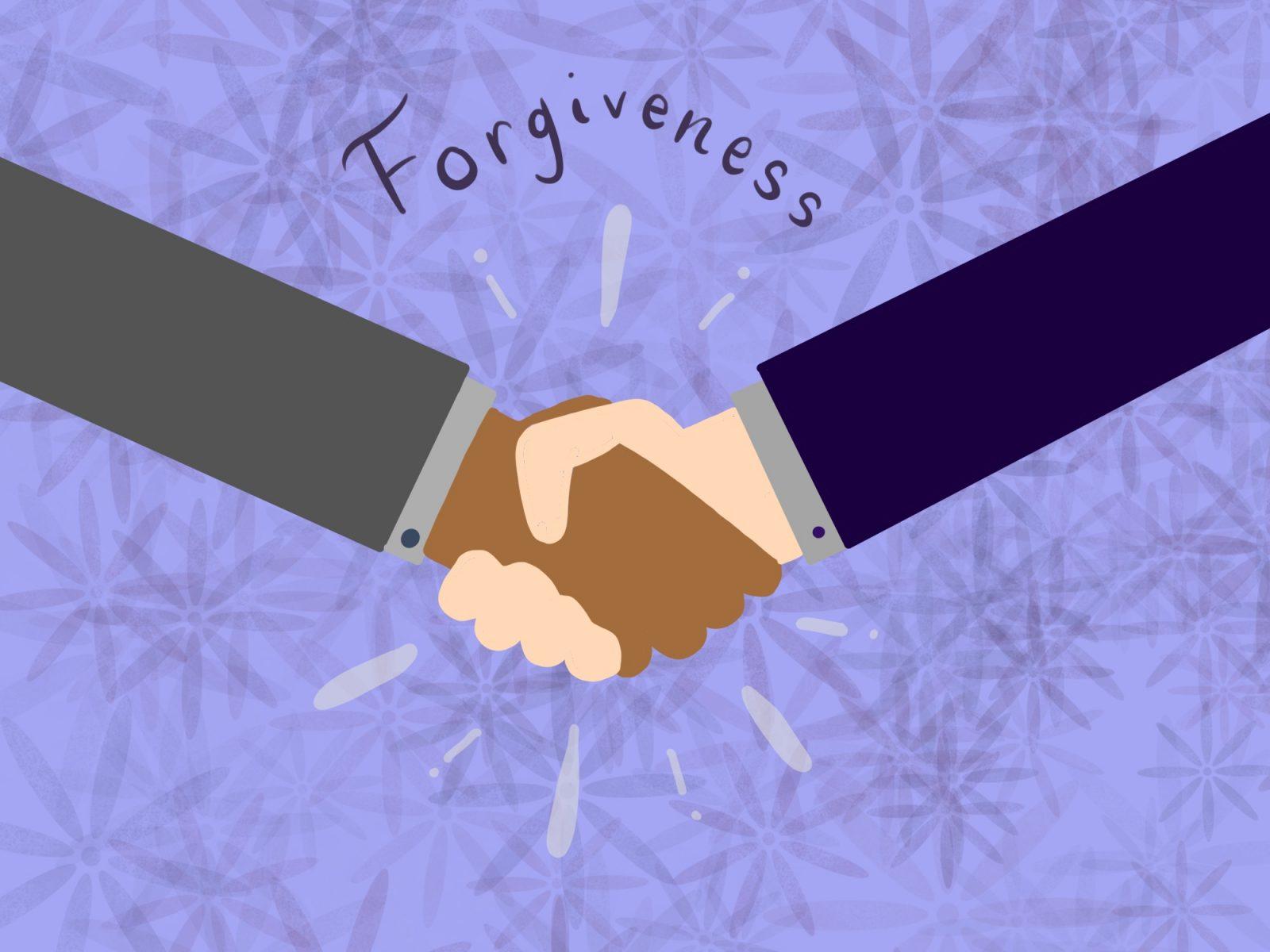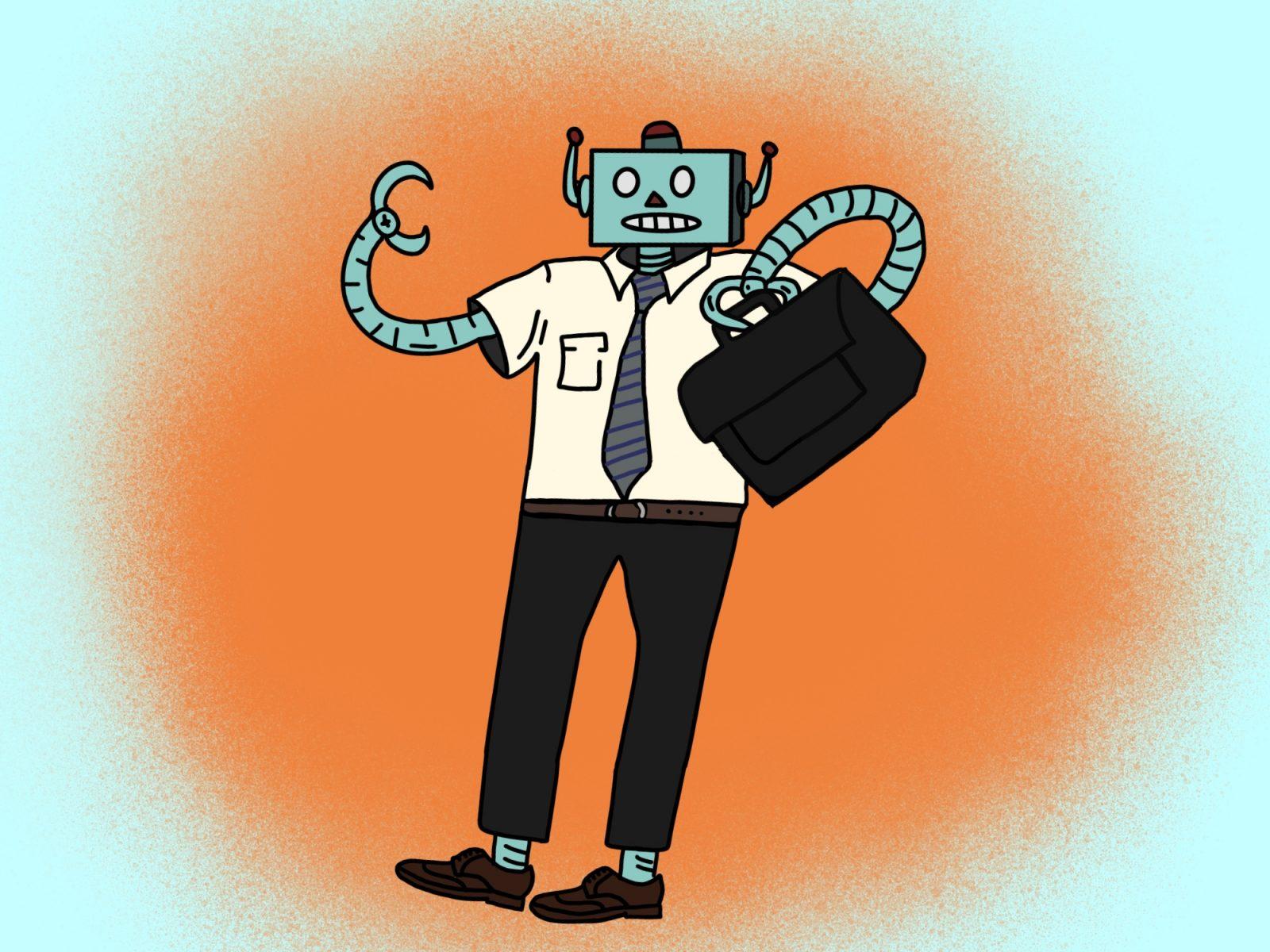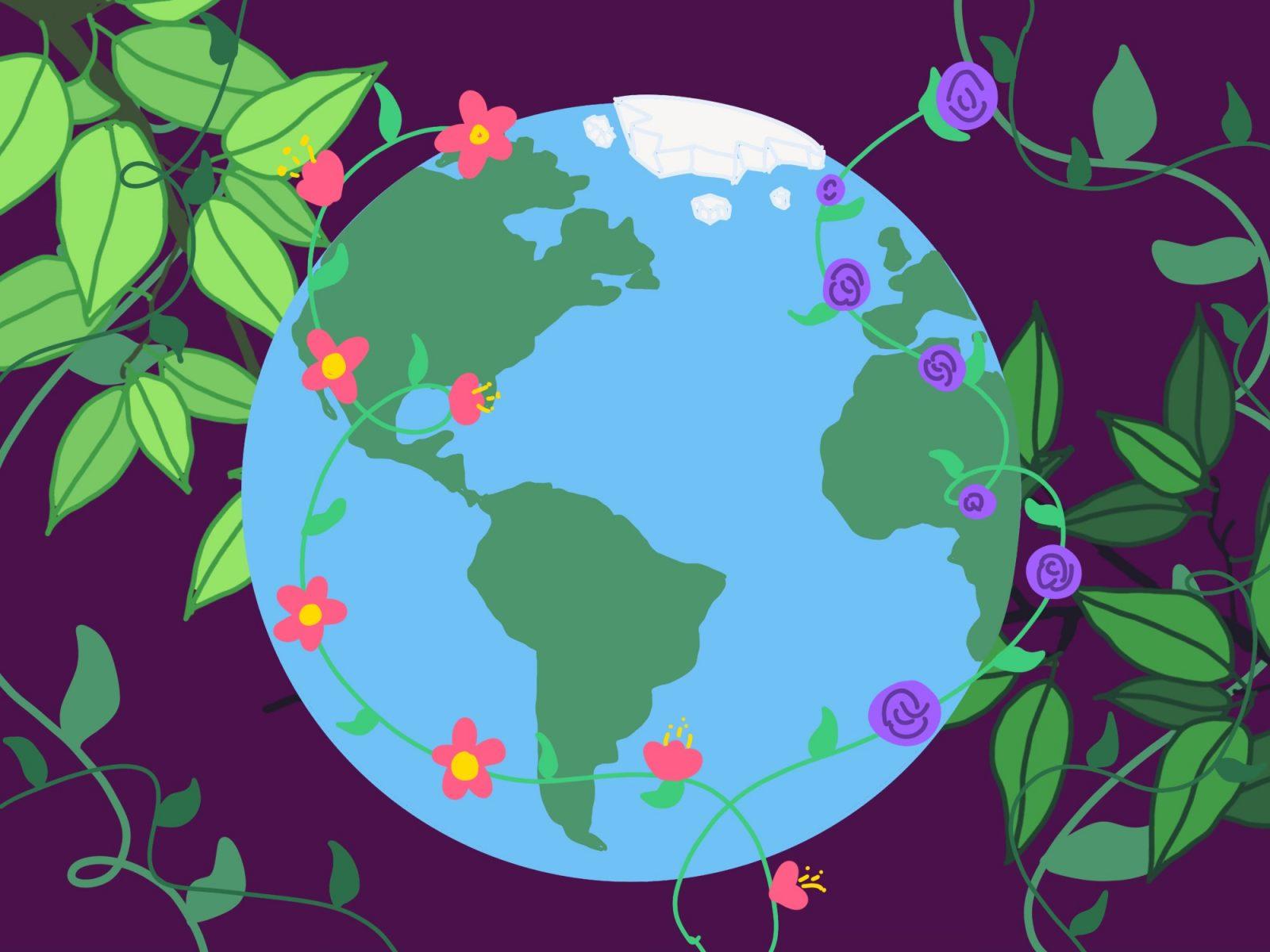The meaning of Christmas, as it is celebrated today, is somewhat nebulous. For the Christian, of course, it is a beautiful commemoration of the birth of Jesus Christ. But for the millions of secular folks (and corporations) across the world who celebrate Christmas, the meaning is less clear.
Is it a holiday about family? Is it a remnant of pagan solstice rituals? A gaudy, commercialized cash-cow? An ode to singing snowmen, red-nosed reindeer, mischievous elves?
While I hold to the true meaning of the holiday itself as a celebration of Jesus’ humanity, I would argue that the oft-lauded, vague Christmas “spirit” can be best understood through two historical anecdotes.
The first one might be familiar. Roughly two thousand years ago, an unwed, impoverished Jewish girl gave birth to a baby, surrounded by animals and excrement. Only a few days after that first Christmas, the girl, her betrothed and her newborn were forced to flee from current-day Israel to Egypt.
Herod, the King of the Jews, had learned of a prophecy that a child would rise up and lead the Jews in a revolution, ending Herod’s reign. As such, he ordered his soldiers to kill all baby boys in Israel. The family’s journey was treacherous, beginning with a desperate trek through the burning sands of Northern Africa and ending with them in a strange land, with no money or knowledge — but it was necessary to protect their baby.

That baby grew up to become one of two things, depending on your beliefs — either Jesus of Nazareth, one of the most influential preachers and healers in the history of the world, or Christ, the Anointed One, the Divine, the Messiah.
So perhaps the essence of Christmas is radical hospitality and powerful empathy. If God Himself was a political refugee, seeking asylum in a foreign land, who are we to deny immigrants safety and refuge today? If God Himself was born to a teen mom and lived in squalor, who are we to pity, judge or ignore teen moms and folks in poverty today?
I’ll offer another story, one in far more recent memory.
In 1914, World War I had just started. The devastating, unprecedented effects of the Great War had not yet been felt, and German soldiers all across the Western Front wanted to celebrate Christmas. So they lit candles, decorated nearby trees and sang carols, deep in their muddy trenches — only to hear the songs echoed by English soldiers across No-Man’s Land.
As the night continued, the warring soldiers — many of whom were conscripted bakers, tailors or farmers who didn’t understand or support the conflict between their nations — yelled Christmas greetings to each other, the men they’d been ordered to kill.
They stopped firing weapons. They ventured out of their foxholes and brought each other gifts. They allowed each other to find their dead, and they held joint burial services for their friends. They played soccer together.
But soon the ceasefires were called off by authorities, and the men were ordered to begin massacring each other again. Christmas day truces never happened again after 1914, as the soldiers became embittered and broken by the unthinkable losses and suffering they endured at the hands of each other.
Something still aches inside me, though, when I think about that strange, solitary Christmas — how the common faith and traditions of those soldiers inspired them to remember that in another, better life, they might have been classmates, neighbors, friends.
So maybe the essence of Christmas is peace. Not the lofty ideal or hippie catchphrase, but the real, innate yearning that all people share: to live and let live, to exchange gifts and play together, to hold onto hope and beauty even when the world is literally exploding.
“You come half-way,” a British sergeant told a German soldier. “I come half-way.” And they did, shaking hands and sharing wine in the middle of a battlefield. If that’s not the essence of peace, I don’t know what is.
The Christmas season has been my favorite since I was a child. Even when I was apathetic about my faith and unaware of these historical events, I still loved the magic and candle-lit coziness of the holiday. And there’s no harm in that! The childlike joy and hustle-bustle so often expressed in the likes of Hallmark movies are perfectly fun, good reasons to relish in the season.
But as I’ve grown more knowledgeable — and thus cynical — about politics, consumerism and the nature of the world, it’s helped to hold on to the powerful, tangible pieces of the holiday.
Supporting immigrants, facilitating pacifism, serving my neighbors and carrying on the religious traditions of my family are now how I define the “spirit” of Christmas — and if you find yourself in a Charlie Brown-esque slump during this holiday season, I encourage you to consider the same.





















































































































